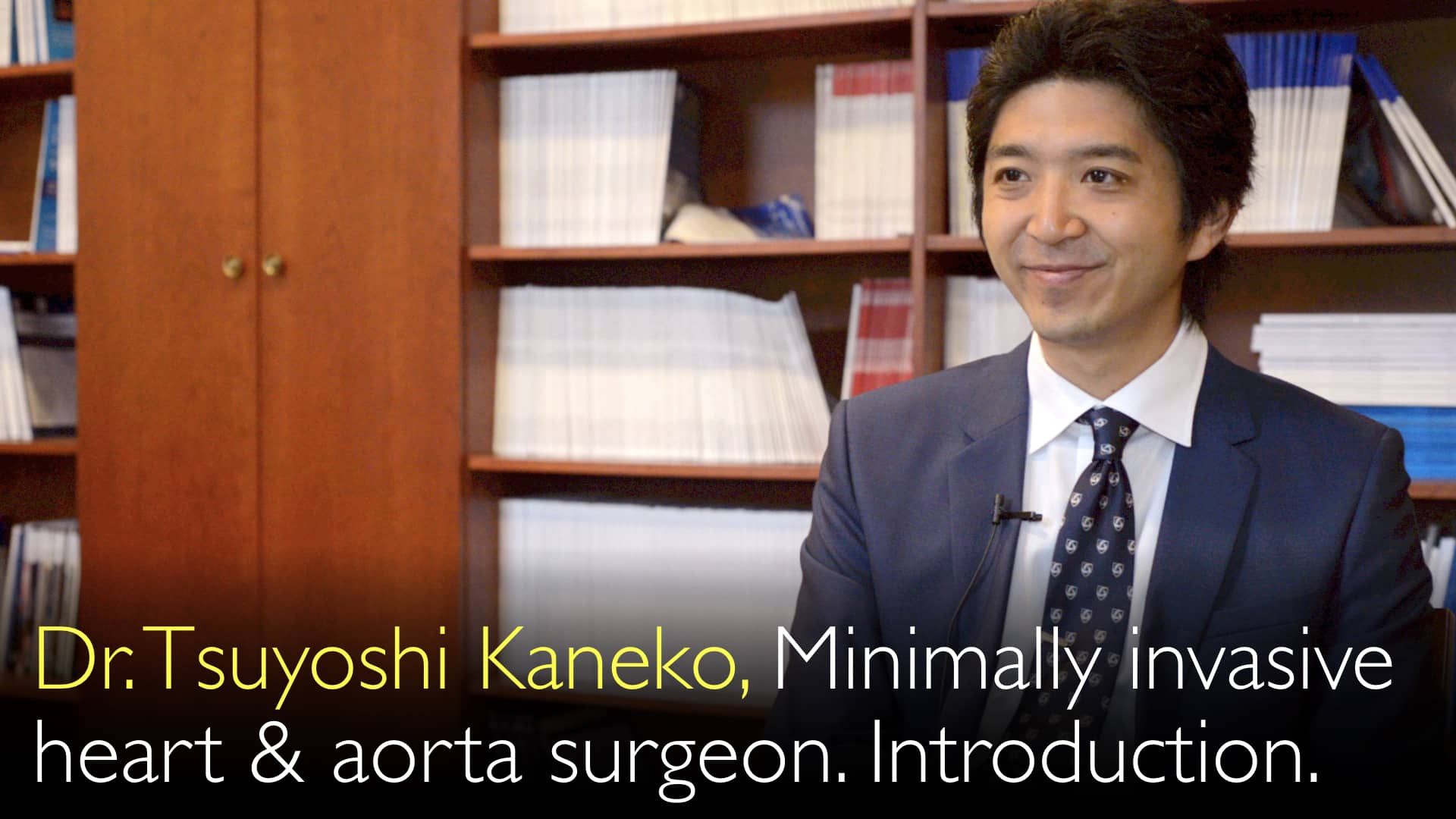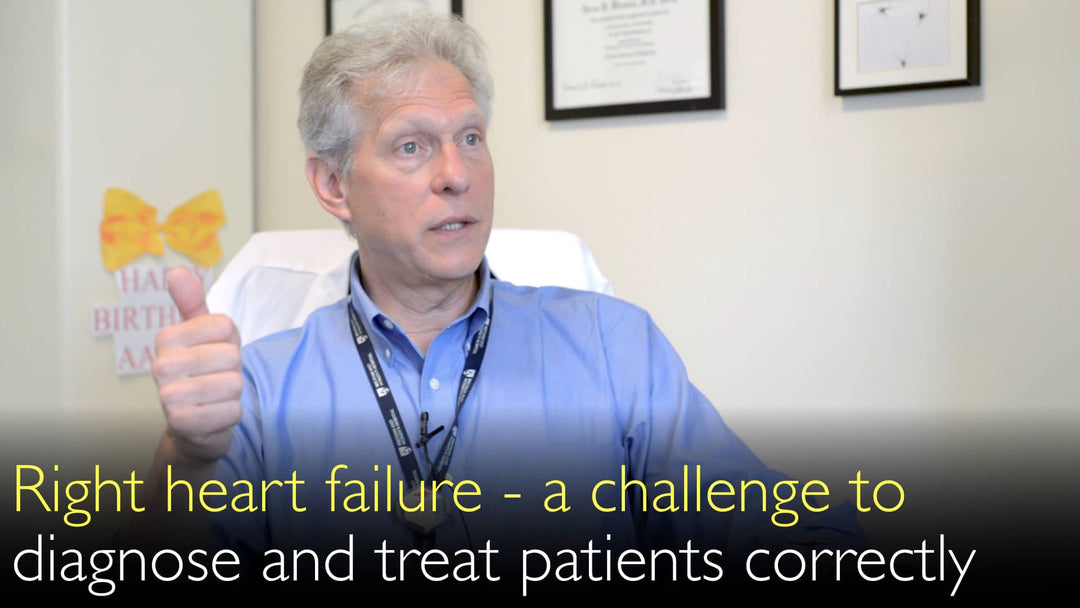心臓外科および抗凝固療法の権威である金剛毅医学博士が、心臓弁置換術後の患者における新しい経口抗凝固薬(NOAC)とワルファリンの決定的な違いについて解説します。具体的な適応症、機械弁に対するNOACの現行禁忌、術後心房細動治療における新規薬剤の役割拡大を詳述し、使用の簡便性、出血リスクプロファイル、費用面の考慮事項に焦点を当てます。
心臓弁手術後の抗凝固療法の選択肢:NOAC対ワルファリン
セクションへ移動
- 術後抗凝固療法の適応
- NOACとワルファリンの主な相違点
- 機械弁に対するNOAC禁忌の理由
- 術後心房細動に対するNOACの使用
- 出血リスクプロファイルの比較
- 費用と患者利便性の要素
- 抗凝固療法の将来展望
術後抗凝固療法の適応
金剛毅医師(医学博士)によると、心臓弁手術後に患者が抗凝固療法を必要とする主な理由は2つあります。第一に、人工弁(機械弁や一部の生体弁を含む)の植え込みです。第二に、手術前から存在する、あるいは術後に合併症として発症する心房細動です。これらの状態はいずれも血栓形成のリスクを著しく高めるため、術後管理において抗凝固療法が不可欠となります。
NOACとワルファリンの主な相違点
抗凝固療法の選択肢は、ダビガトラン(プラザキサ)やリバーロキサバン(イグザレルト)などの新規経口抗凝固薬(NOAC)の登場によって大きく変わりました。金剛医師は、NOACが従来のワルファリン(クマディン)に比べて持つ根本的な利点を説明しています。ワルファリン療法では、国際標準化比(INR)をモニターするための頻繁な血液検査が必要で、グレープフルーツの摂取禁止やビタミンKを豊富に含む緑色野菜の制限など、食事面での制約も多くあります。一方、NOACは効果が予測しやすく、定期的な血中濃度モニタリングが不要で、厳格な食事制限もないため、治療が大幅に簡素化されます。
機械弁に対するNOAC禁忌の理由
金剛医師は、NOACが他の病態では有用であるにもかかわらず、機械弁患者に対しては禁忌である点を強調しています。この重要な注意点は、安全性の問題から早期に中止された大規模臨床試験に基づいています。この試験では、機械弁患者にNOACを投与した群で、ワルファリン群と比べて出血合併症のリスクが有意に高いことが判明しました。そのため、機械弁患者の生命を脅かす血栓や脳卒中から守るためには、ワルファリンがゴールドスタンダードかつ唯一推奨される抗凝固薬となっています。金剛医師は、将来的に異なる薬剤や用量を用いた試験が行われる可能性はあるものの、現時点ではワルファリンが不可欠であると述べています。
術後心房細動に対するNOACの使用
もう一つの主要な適応である心房細動については、NOACの使用が認められるだけでなく、ますます一般的になっています。金剛医師は、NOACが特に有用となる臨床シナリオを指摘しています。心臓手術前にすでに心房細動に対してNOACを服用していた患者は、術後も同じ薬剤を再開できるため、ワルファリンの中止と再開に伴う複雑なプロセス(治療域に達するまでの慎重な用量調整や繰り返しのINR検査)を回避できます。NOACをそのまま継続できる利点は、回復過程を効率化し、退院時の移行をスムーズにします。
出血リスクプロファイルの比較
すべての抗凝固薬は出血リスクを伴いますが、金剛医師によれば、薬剤の種類によってリスクの特徴は異なります。研究では、NOACはワルファリンと比べて頭蓋内出血(脳内出血)の発生率が低い一方、消化管出血のリスクがやや高い可能性が示されています。このトレードオフは、金剛医師のような臨床医が個々の患者に最適な抗凝固薬を選択する際、各薬剤の安全性データを衡量する上で重要な要素となります。
費用と患者利便性の要素
有効性や安全性以外にも、実用的な面が抗凝固療法の選択において重要な役割を果たします。金剛医師は、新しいNOACが一般的にワルファリンよりも高価であり、患者の経済的負担となり得る点について率直に議論しています。しかし、この費用はNOACがもたらす大きな利便性と衡量されるべきです。頻繁な採血や食事制限がなくなることで、患者の日常生活における負担や混乱が軽減されます。この生活の質の向上と服薬アドヒアランスの改善は、アントン・チトフ医師(医学博士)と金剛毅医師が現代の抗凝固療法の主要な利点として挙げている重要なベネフィットです。
抗凝固療法の将来展望
抗凝固療法の分野は絶えず進化を続けています。金剛医師は、研究者がNOACの新たな適応や製剤を積極的に探求していると述べています。医学界は依然としてこれらの薬剤の全潜在能力と最適な使用例を学びつつある段階です。実際の使用経験や臨床試験からのデータがさらに蓄積されるにつれ、心臓手術後の使用に関するガイドラインも洗練されていくでしょう。アントン・チトフ医師と金剛医師が議論するように、今後の目標は、有効性と安全性を備えつつ、患者の利便性と生活の質を最大化する療法を開発することです。
全文書き起こし
医学博士アントン・チトフ: 機械弁を植え込んだ患者には抗凝固療法が必要です。大動脈弁と僧帽弁の両方で抗凝固薬が求められます。
ここ数年、市場には新しいクラスの経口抗凝固薬が登場しています。これらはいわゆる新規経口抗凝固薬(NOAC)です。
医学博士アントン・チトフ: 心臓弁置換術後、患者はいつ抗凝固療法が必要になりますか?また、抗凝固療法はどのくらい続けるべきでしょうか?
医学博士アントン・チトフ: 新規経口抗凝固薬(NOAC)の利点とリスクは何ですか?
医学博士金剛毅: 心臓弁手術後、抗凝固療法が必要となる主な状況は2つあります。
一つは、機械弁または生体弁を受けた場合、つまり人工弁が存在する場合です。
二つ目は、術前から存在する、あるいは心臓手術後に発症する心房細動です。これらが心臓手術後の抗凝固療法の主な適応となります。
新規経口抗凝固薬(NOAC)と呼ばれる新しいクラスの薬剤があります。NOACにはプラザキサやイグザレルトなどがあります。
医学博士金剛毅: 市場には3~4種類のNOACがあり、広く研究されています。
経口薬であるため、抗凝固効果を確認するための血液検査が不要です。これは、クマディン(ワルファリン)などの従来の抗凝固薬とは対照的です。
クマディンには食物との相互作用が多数あります。グレープフルーツは摂取できません。緑色野菜も制限が必要です。
医学博士金剛毅: また、INRと呼ばれる血液レベルを定期的にチェックする必要があります。INRはワルファリン(クマディン)の治療域を示す指標です。
これらのNOACは、そうした血液検査の必要性を排除します。服用するだけで済み、血中濃度を測定する検査は一切必要ありません。
これは患者にとってはるかに扱いやすい治療法です。
医学博士アントン・チトフ: とはいえ、機械弁に対して新しい抗凝固薬の研究も行われました。機械弁患者の抗凝固にNOACを使用する試みがありました。
しかし、クマディンと比較して出血のリスクが高いことが示され、大規模臨床試験は安全性の問題から中止されました。
現在、NOACは機械弁や生体弁に対して禁忌となっています。
医学博士アントン・チトフ: 将来的には、異なる抗凝固薬や用量を用いたNOACの臨床試験が行われることが期待されます。
しかし現時点では、機械弁の抗凝固に対してNOACはワルファリンの代替とはなりません。
一方、心臓手術後の心房細動患者では、NOACによる治療が増えています。手術前に心房細動がありNOACを服用していた患者は、術後も継続できる場合があります。
医学博士金剛毅: その後もNOACを継続すれば、ワルファリンの中止と再開に伴う複雑な移行プロセス(用量調整やINR検査の繰り返し)を避けられます。
NOACをそのまま再開して退院できるため、心房細動治療においてますます一般的に使用されるようになっています。
ただし、NOACも出血リスクを伴います。ワルファリンと比べて胃出血のリスクがやや高い傾向がありますが、脳内出血のリスクは低いです。
新しい抗凝固薬には、それぞれ長所と短所があります。
医学博士アントン・チトフ: NOACには、今後さらに適応が拡大される可能性があります。我々はまだ学びの過程にあります。
しかし、NOACは患者にとってはるかに使いやすい薬剤です。
医学博士金剛毅: 一点付け加えると、NOACはより高価であるため、患者の経済的負担が大きくなりがちです。
しかし同時に、NOACは患者の負担の一部を軽減するというメリットもあります。








